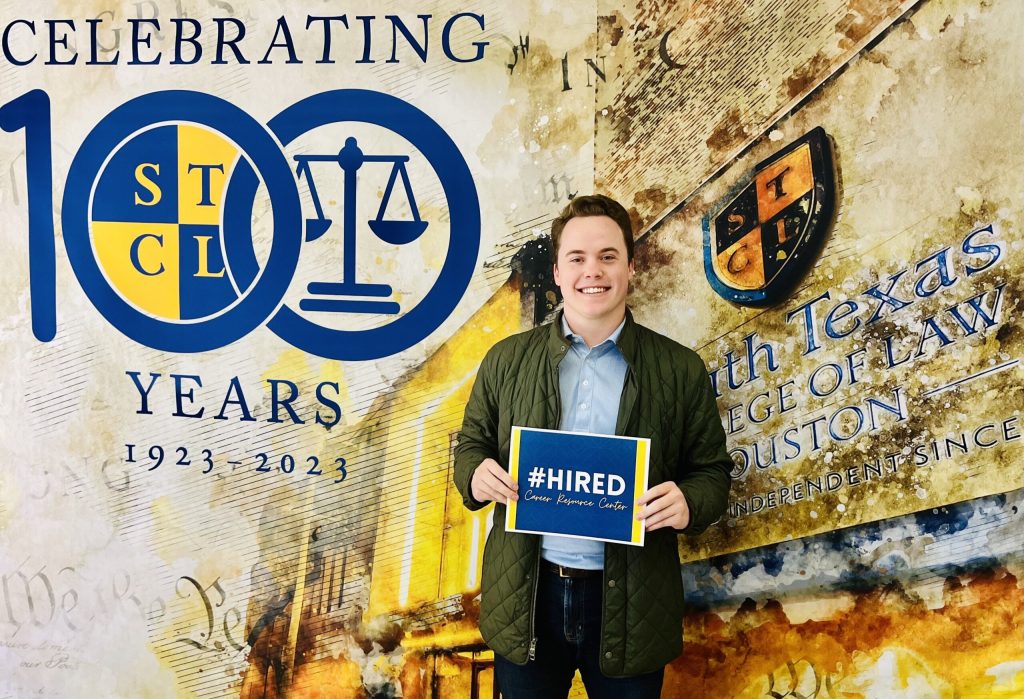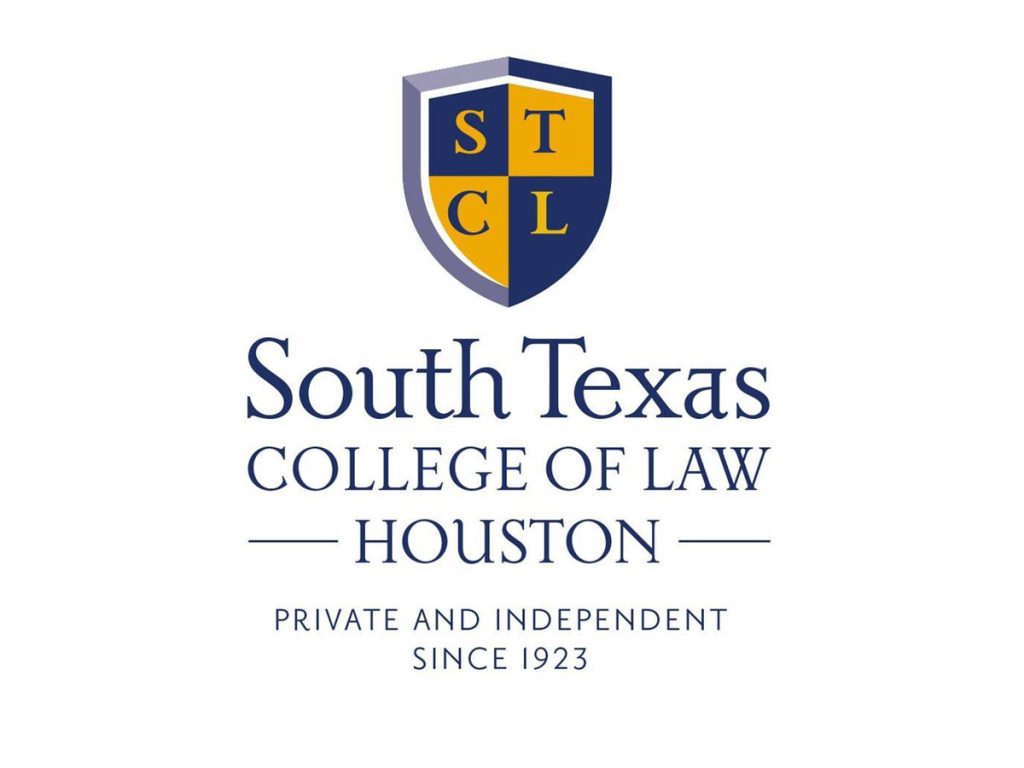
Meet Gunner West, 3L, and learn more about his story at South Texas Law in this Student Spotlight by the Career Resource Center.
Why did you choose to attend South Texas College of Law Houston?
As a Houston native and son of a South Texas Law alumnus, I was familiar with the exceptional quality of lawyers who graduate from South Texas and the strength of its alumni network — both in Houston and beyond. I also knew I wanted to work in Houston after law school, so South Texas was the clear choice.
Where are you working after graduation?
After the bar exam, I will join Gray Reed & McGraw LLP (Gray Reed) as a transactional associate in the firm’s Houston office.
How did you secure that employment opportunity?
I interviewed with Gray Reed through the On-Campus Interview process at the end of my 1L summer and accepted their offer for a 2L summer associate position. After an incredible summer experience, I accepted a full-time position in their transactional department.
How did the Career Resource Center help you successfully navigate the recruitment process?
I used the CRC like a revolving door. Everyone there has been supportive from day one of law school and throughout the recruitment process. The CRC reviewed my OCI application and provided me with helpful career resources, such as professional advice, career resource packets, job fairs, practice panels, and other professional networking events. They also helped me connect with South Texas Law alumni in my practice area of interest for coffee chats.
What are your career goals for the future?
My goal is to build a lasting and fulfilling career at Gray Reed.
What advice would you share with future generation law students going through recruitment?
My advice to future students is to utilize your resources and prioritize your grades.
First, take advantage of the abundance of resources available to you as a South Texas Law student. Reach out to the CRC, the writing center, professors, older students, alumni, and other attorneys in the Houston legal community. Utilize your existing network and continue to build new connections by going to professional networking events and cold emailing people. Be proactive! You will be surprised how many strangers are willing to help a driven law student. They have all been in your shoes, and most are happy to help.
Second, prioritize your grades during your first year. Law school is your opportunity to put yourself on a path to a successful, lifelong career, so take your legal education seriously. Treat law school like a 9-to-5 job, and when it comes time to prepare for finals, remember one thing: a few months of hard work during your 1L year will put you years ahead in your legal career. Your first-year GPA may be the most determinative element of your job application and likely the first thing recruiters see. Great exam scores will unlock great job opportunities. Stay focused and study hard!
Which professors have influenced you and or your career path the most?
Professor Yamamoto; he was my professor for Federal Income Taxation and Corporate Taxation. These courses have been the most challenging and rewarding courses I have taken in law school. He expects a lot from his students and pulls the best out of them. Outside of class, Professor Yamamoto has been an excellent resource for career advice. Although I’m not going into a tax practice, his class instruction and career advice influenced my decision to pursue a transactional practice with an interest in Corporate / M&A work.
What student organizations have you been involved with?
Many. Coming into law school, I was determined to make the most of my South Texas Law experience — to engage with the law school community and to grow alongside it. To that end, I took advantage of every opportunity to get involved with the law school and student organizations. I competed in multiple moot court tournaments and an ADR competition as part of the nationally recognized South Texas Advocacy Program. I am a member of the South Texas Law Review and the editor-in-chief of the Harry L. Reed Oil & Gas Law Institute Energy Newsletter. Also, I have held board positions for multiple student organizations, such as the Student Bar Association, the Oil & Gas Law Society, and the Texas Exes Legal Network.
Beyond the Career Resource Center, how has the South Texas Law community supported your growth?
The South Texas community has helped me grow both professionally and personally.
Professionally, I discovered my desired practice area by engaging with the many opportunities South Texas Law has for students to explore their professional interests and career pursuits. Through the curriculum, student organizations, advocacy program, clinics, professor office hours, alumni network, and internship opportunities, students can cultivate their practice interests and develop their professional skills — allowing them to map out a career pathway.
Personally, law school has allowed me to make new connections with wonderful people in the Houston legal community, cultivate my communication skills, develop better time management and work ethic, and grow intellectually to think like a lawyer.


